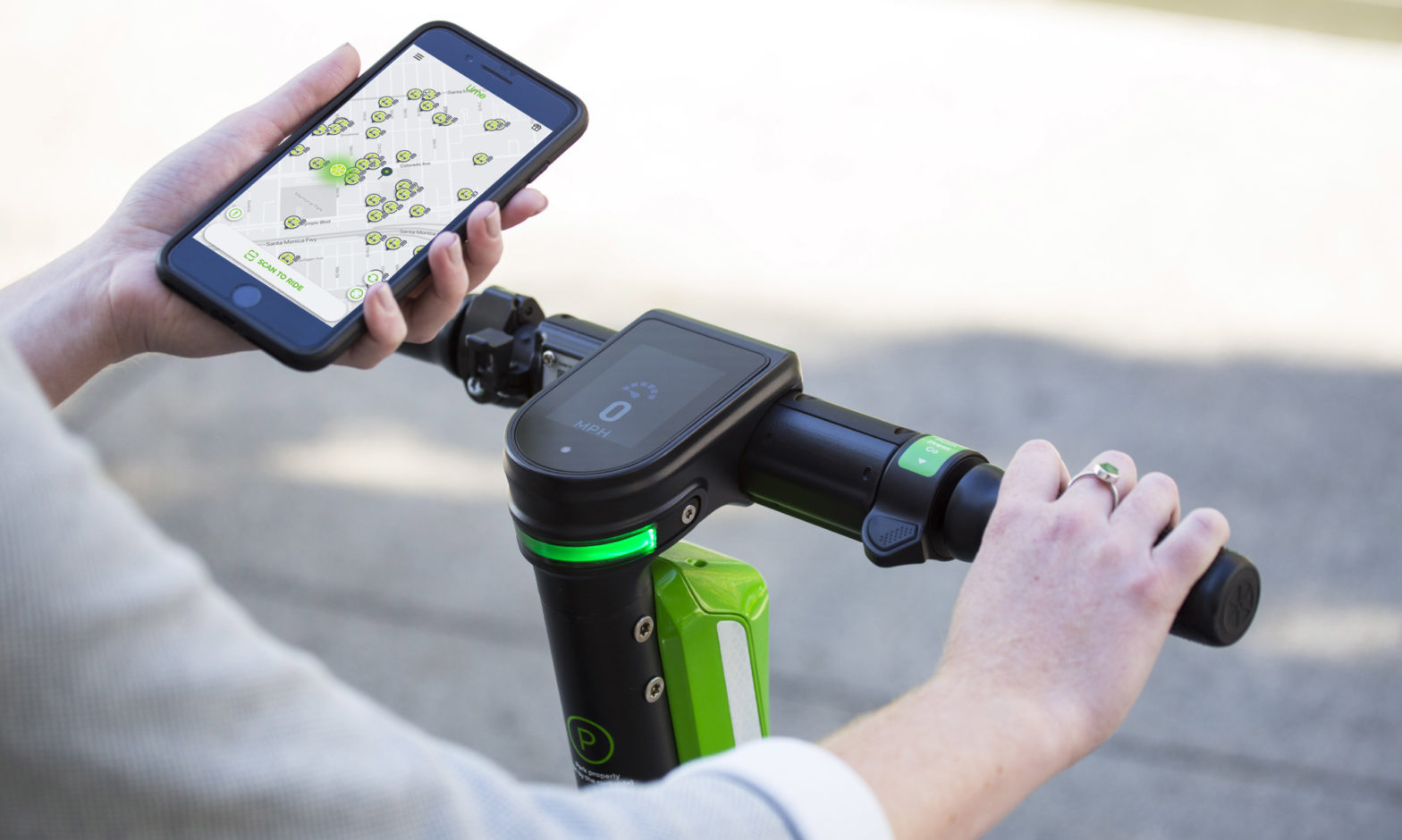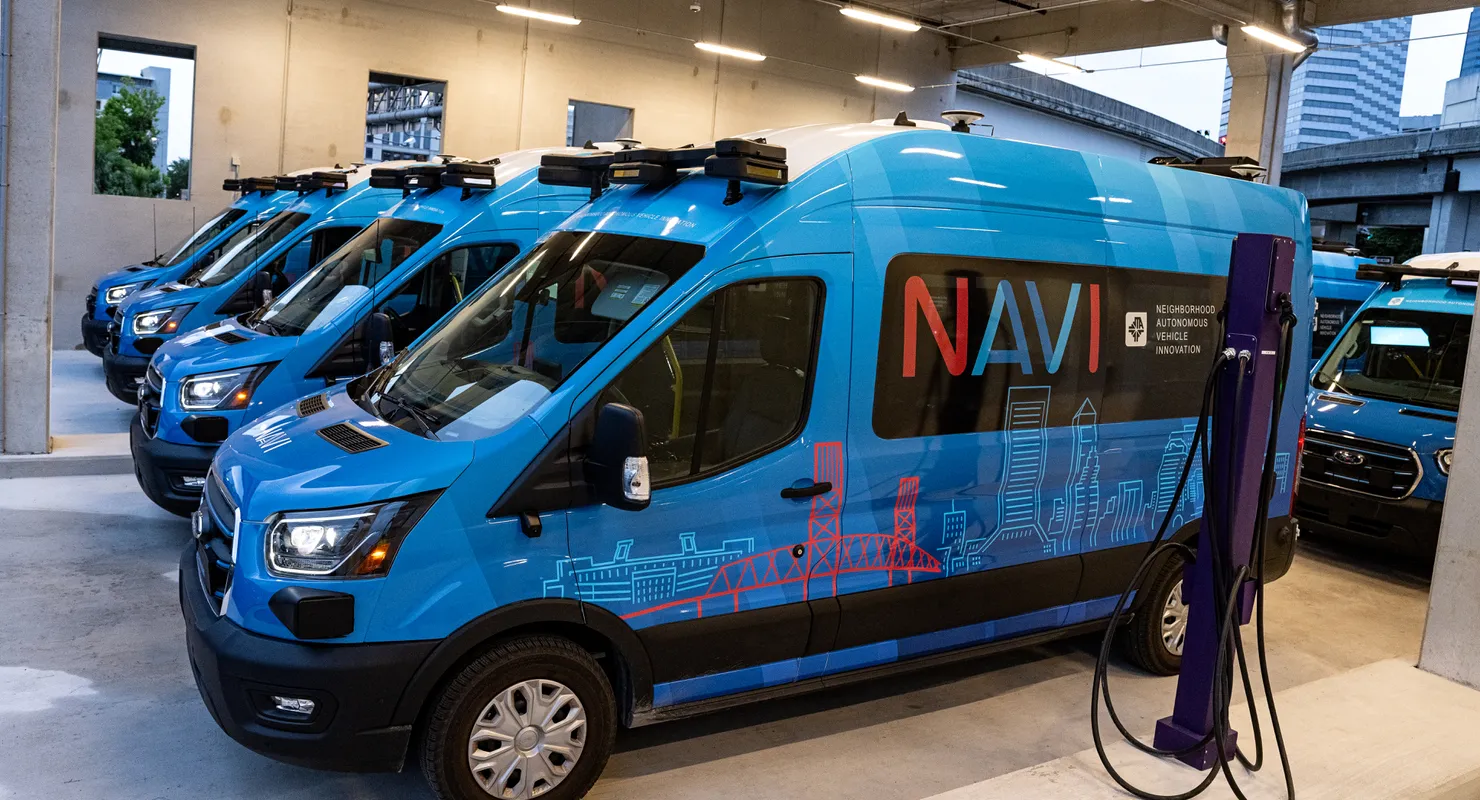
Photo: Lime
London to ease geofencing rules for e-scooters
29 October 2024
by Christopher Carey
Geofencing requirements that limit where rental e-scooters can operate in London have been eased to “improve the experience for riders”.
The technology, which causes a reduction in power or cuts the motor once in a controlled zone, currently affects 15 percent of all trips in the e-scooter trial zones.
“Safety is at the core of our e-scooter trial – we monitor and evaluate the performance of the trial and are continually looking for ways to make improvements,” said Helen Sharp, TfL’s e-scooter trial lead.
“Recently, working with participating boroughs and operators, we have reduced the number of go-slow and no-go areas across the trial area, to improve the experience for riders without impacting those not using the service.
“We have also considered increasing the speed limit to align to the national limit of 15.5mph but we will not be making a change to the trial’s maximum speed at this time.”
The trials, which started in June 2021, currently operate in ten London boroughs with operators Lime and Voi selected to run the schemes.
Easing restrictions
Age restrictions limiting rentals to those aged over 18 have already been eased, with those aged 16 and over permitted to rent e-scooters.
As per Department for Transport (DfT) guidance, all riders require at least a provisional driving licence.
In September, a report from London Councils – the UK capital’s local government association – said TfL was working with borough authorities on “a revised approach “ to managing e-scooters, to “ensure the mode stays competitive” across the city.
The report stated that one key “structural change” to boost e-scooters’ popularity could be to reduce geofencing to address safety concerns associated with over-use of go-slow and no-go zones.
It added: “TfL receive weekly incident reporting on safety incidents that occur where a scooter rider is ‘clipped’ by a geofence zone whilst riding in the carriageway, causing a sudden loss of power to their vehicle, creating a significant risk for the rider.
“This affects 15 percent of all e-scooter rides, and 40 percent of those affected do not take another trip. Two boroughs have removed e-scooter geofences with no safety incidents reported.”
TfL did not elaborate on the extent to which geofencing rules will be eased, but said it had “reviewed and reduced the number of no-go and go-slow zones”, adding e-scooters were still not allowed to travel outside the current trial areas and are required to park in designated bays.
While scooters operate in some central boroughs, they are currently banned from passing through large sections of the city centre, including the Royal Parks, the South Bank and the area around St Paul’s Cathedral.
Industry response
Voi said they welcomed the latest developments, but called for an alignment of regulatory standards between e-scooter and e-bikes.
“We’re pleased that TfL recognises that improvements must be made to London’s e-scooter trial, and continue to work with TfL to make e-scooters a more attractive travel option in the capital,” James Bolton, Voi’s UK General Manager told Cities Today.
“However, to unlock the full potential of e-scooters in London, we’d encourage the government to consider including powers for TfL to regulate e-bikes in the same manner as e-scooters in the upcoming English Devolution Bill.”
Lime declined to comment on the changes.
Image: Lime







